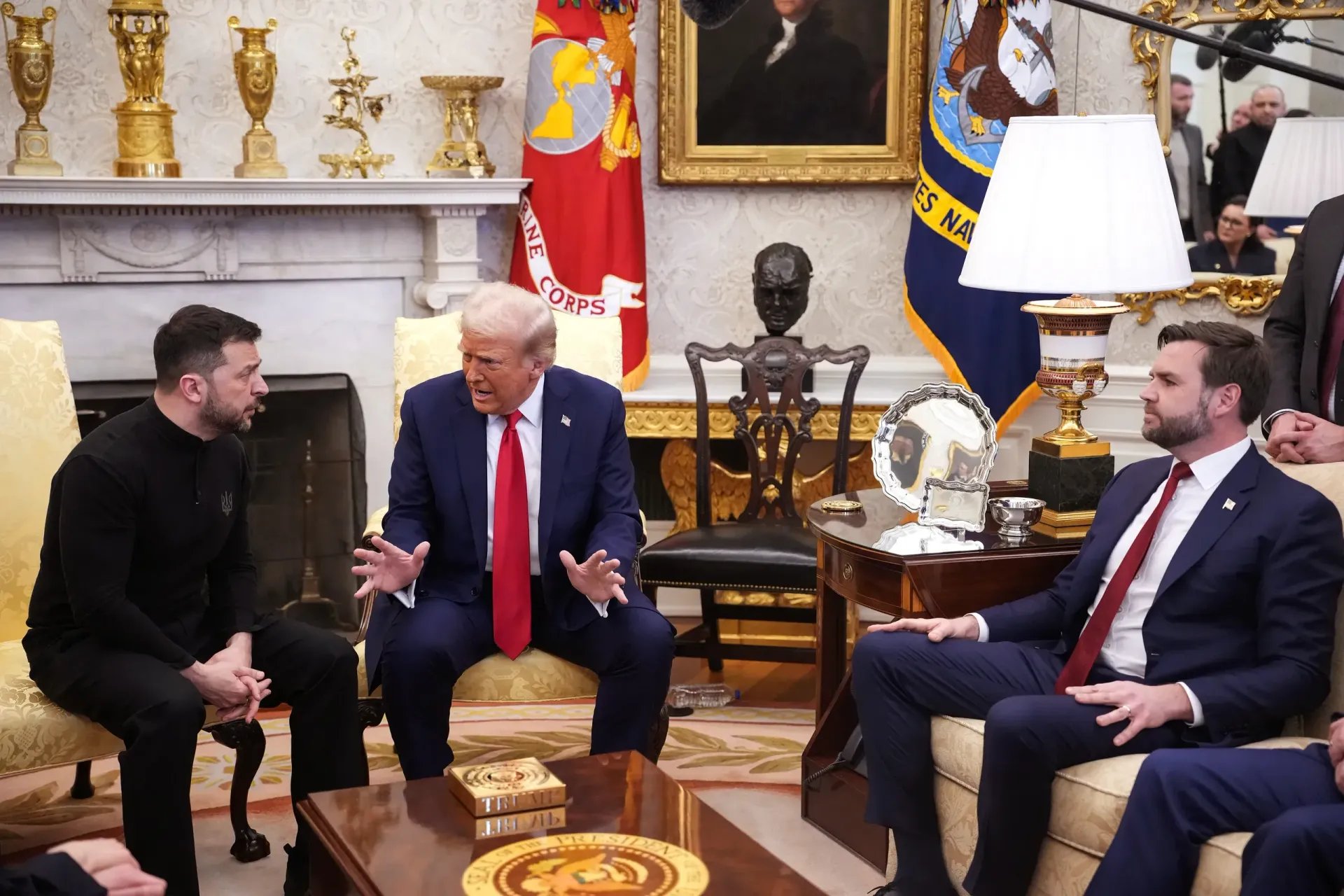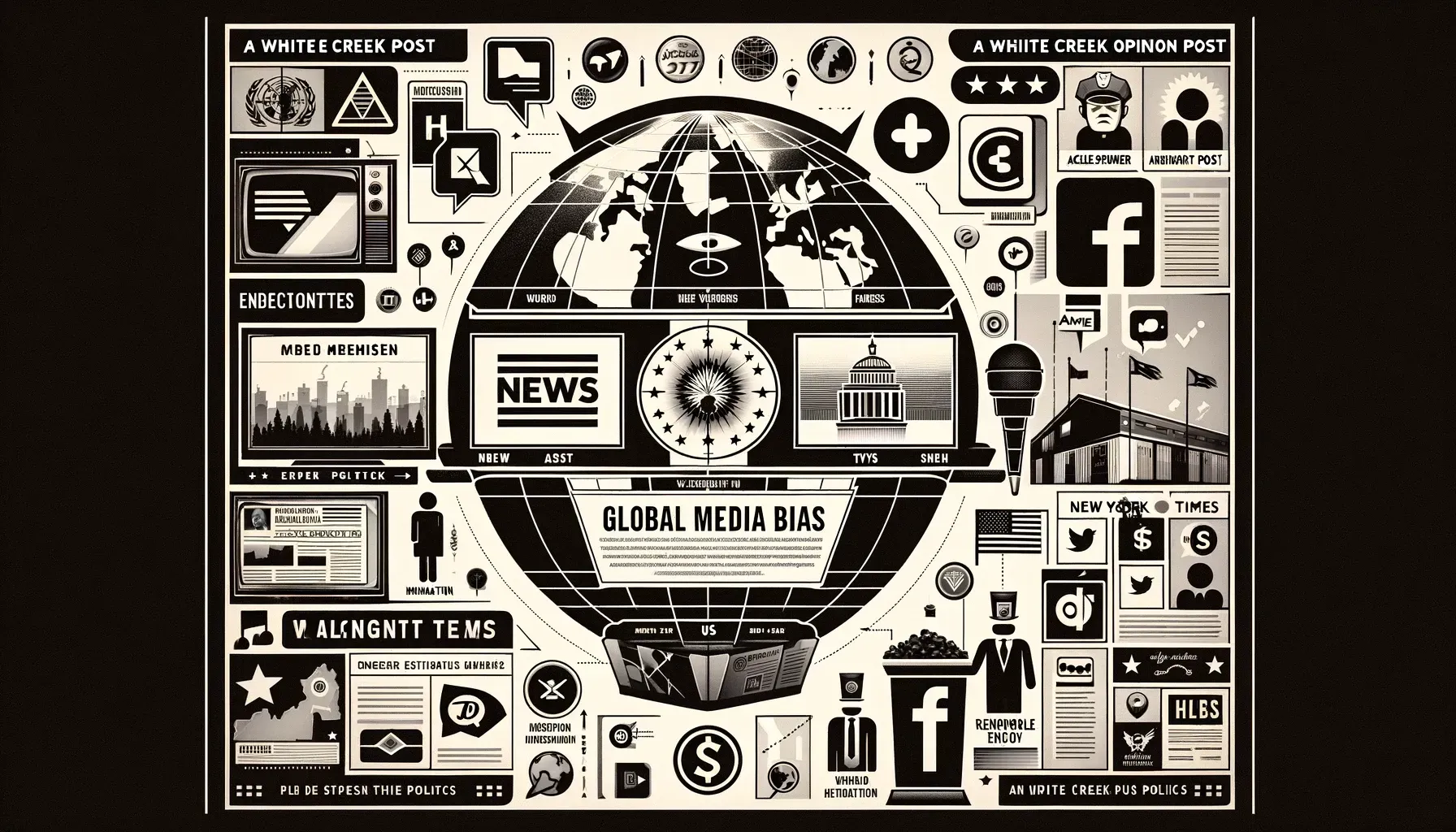US Politics | November, 2024
Election Countdown: Bidenomics, Strikes, Union Power, and the Political Landscape of 2024"
Since her time as the 2020 leftist candidate and her years as Vice President, Kamala Harris has consistently aligned with leftist policies, voting along party lines without exception. Recently, however, she seems to be reinventing herself almost daily, offering new narratives. Now, she claims she never fully agreed with Biden and vows to unite the country with a capitalist economic plan, protect gun rights, and provide support for her voters. Her pitch is that she’s the most genuine candidate. Despite her history, she has recently presented herself as everything from a demagogue to a chameleon, from a Mother Teresa figure to a "hate spewer" according to some perspectives , yet lacks a coherent personal vision. Many believe she's been an ideal Democratic Party puppet, but with a week left before the election, she now distances herself from Biden, promising to create her own team and agenda. Will her new government aim to prosecute Trump and “silence the noise”?
It’s almost comical to see Arnold Schwarzenegger backing Kamala. He wants to “end the chaos” of the past few years, seeming to forget recent history and instead showing a kinship with Harris’s partner, Doug Emhoff. While he brings his Hollywood experiences into his endorsement, Schwarzenegger’s support feels as questionable as Kamala’s most notorious speeches, more vinegar than substance.
Consider the decision by Jeff Bezos to avoid endorsing any candidate. Some say journalism should remain neutral, yet publications like the NYT and WAPO are often accused of showing bias over substance. Perhaps, if they aim to influence voters, they should be open about their political stance rather than veiling opinions as objective reporting. So, after all the talk of accomplishments from the Biden-Harris administration, Kamala now pledges to “work with everyone,” whether they’re labeled “Nazi,” “fascist,” or “xenophobe,” if it serves her political goals. How far will she go to achieve unity, even suggesting conversion camps for dissenters?
Recently, Harris has adopted a peace-oriented stance, echoing Trump’s policy of “bringing the hostages home.” However, critics argue that her timing is calculated and her understanding of international affairs lacking. Instead of prioritizing accountability in Iran, the administration has fueled tensions. Now, with countless lives lost, Harris seems to forget she was among the last decision-makers in the room. In Ukraine, critics predict a similar outcome: conflict resolution shaped not by diplomacy, but by a dwindling number of Ukrainian soldiers. The administration’s rhetoric fails to address these complex issues, focusing instead on selective agendas.
Lenin stated, "Women should have the right of deciding for themselves a fundamental issue of their lives." Russia was the first country to offer legal, cost-free pregnancy termination, showing an early model for women’s rights.
In Lebanon, despite the U.S. donating $3 billion, Hezbollah holds significant influence. Harris’s policies reflect similar issues with foreign aid effectiveness.
Harris, buoyed by billionaire backers, often contrasts her campaign with the everyday worker, yet her support base includes billionaires like Soros, Bloomberg, and Hoffman . These elite “moralists” seem to have more faith in government intervention than philanthropy. The irony is stark; while their influence is real, their presence in disasters, such as in Florida or North Carolina, is minimal. Is this commitment to democracy or self-interest? Maybe Trump has a shot after all , as “money can’t buy love,” only more lawyers.
When asking a Harris supporter for her platform, common responses include accusations against Trump but little explanation of her own vision. In contrast, entertainers like Beyoncé and Bruce Springsteen are rallying support, with Springsteen’s “Glory Days” fittingly reflective of the current administration’s focus.
Recent reports indicate health care costs have risen by 10% this year, with government solutions offering minimal relief. This approach mirrors the Harris-Biden health care strategy: price hikes followed by slight discounts marketed as “savings.” Americans are left with these so-called discounts as a temporary fix.
Jake Sullivan’s recent attempts at diplomacy face challenges as BRICS nations unite. Meanwhile, Western unity appears fragile, with critics accusing administration officials like Sullivan of creating more problems than solutions.
Left-wing media heavily scrutinizes Trump’s transition plans , yet Harris’s transition, too, raises questions. Should she win, would her administration feature Obama or Biden loyalists, or would she bring her own allies? Her ultimate direction remains unclear, potentially signaling a shift toward a “Kamala-first” administration.
If Vice President Kamala Harris wins the presidential election next week, her transition effort is poised for a rapid expansion.
Vice President Kamala Harris is relying on a small and intensely private transition operation to help her prepare for what would be the first transfer of power from a sitting president to his vice president in more than a quarter century.
As Harris campaigns, she oscillates between loyalty to Biden and asserting her independence. Internally, there’s speculation over which “Biden people” may stay versus “Harris people” entering key roles. For now, her team remains silent amid mounting expectations.
Regardless of the election outcome, many Americans who relocated to the South seeking lower costs and fewer regulations are realizing the problem might lie in governance, not geography. In any case, the country remains divided, and both ideology and freedom may continue to fuel this polarization.
Finally, 2024 has seen an increase in abortions despite claims otherwise as some claim otherwise . Likewise, assertions of “job creation” often lack factual grounding, underscoring the tendency to focus on rhetoric rather than results.







